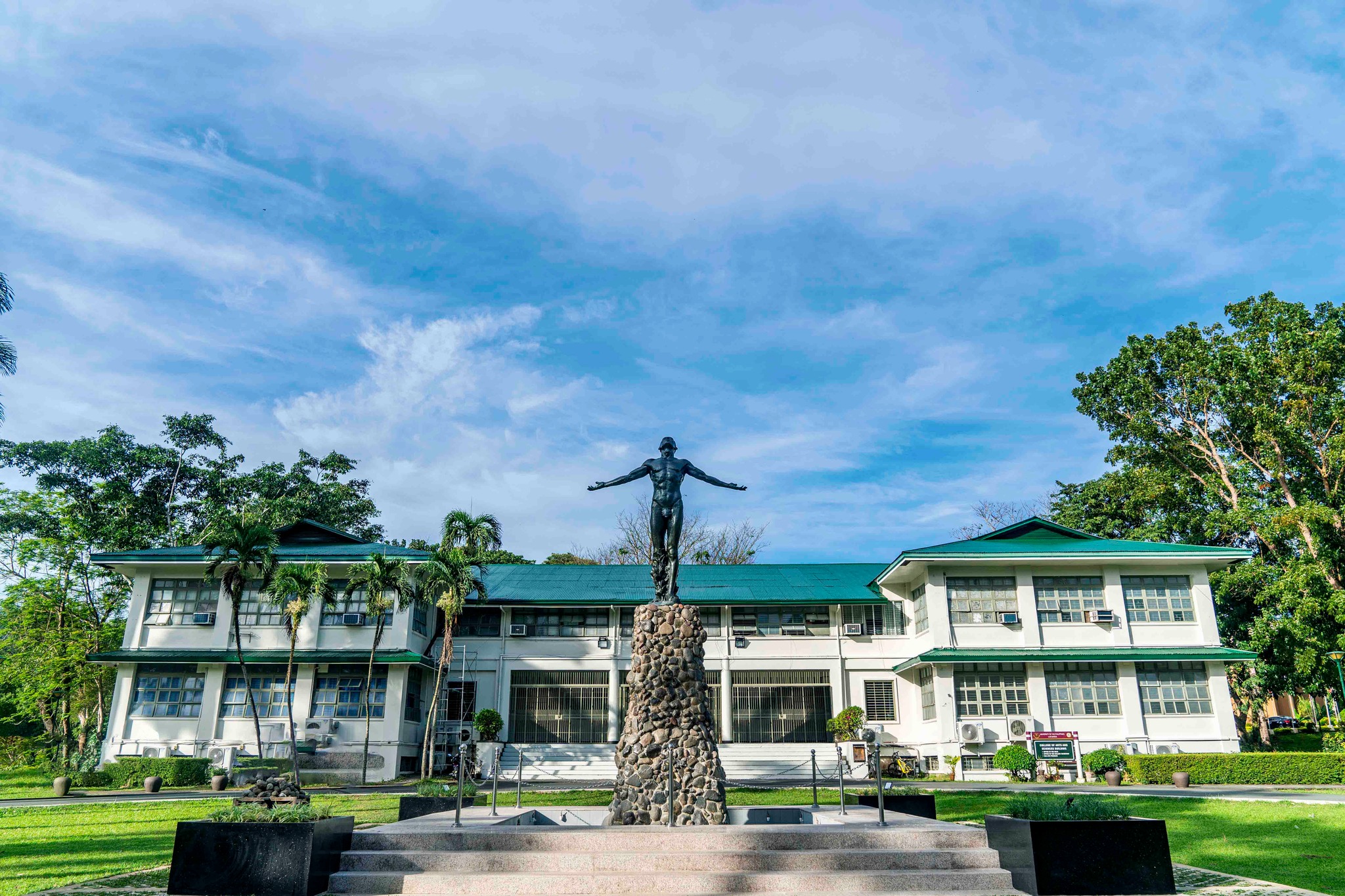UPLB prof creates 'Isabuhay,' a board game that teaches and preserves PH languages

A board game developed by University of the Philippines Los Baños associate professor Mariyel Hiyas Liwanag hopes to educate students on preserving the languages in the Philippines, that's why she created a board game.
Liwanag’s vision started before the COVID-19 pandemic and later on became her topic for her dissertation titled “Isabuhay: Isang Larong Disenyo para sa Diskurso ng mga Wikang Filipino” in De La Salle University.
It was awarded P100,000 by the Komisyon ng Wikang Filipino (KWF) as the recipient of the Gawad Julian Cruz Balmaseda 2025.
“I wanted to create something different for my class. Something that is unique, tailor-fit sa mga classes ko. Kasi I noticed prior to developing the game, I tried incorporating board games, table talk games, as part of my teaching pero ang problema ko nga roon, doon sa mga off the rack commercial games, commercial table top games, hindi talaga siya lapat doon sa mga gusto (kong mga objective), parang pilit,” Liwanag told GMA News Online in an interview.
“Doon ko naisip na maybe perhaps, instead of using commercialized tabletop games, na hindi naman talaga fit sa objective ng class ko, might as well develop one,” she added.
A fan of board games since she was a child, Liwanag saw games in her language and culture classes as a common ground to keep her students engaged.
“Malaking bahagi talaga ng childhood ko ang paglalaro, I think lahat naman tayo, diba? Malaking bahagi 'yan, kahit mga patintero, larong kalye ... nung 90s, 'yung pag-boom at widespread ng video games tas eventually, prior to pandemic umusbong din 'yung mga table top cafes,” the teacher said.
“Alam kong ganoon din 'yung common denominator ko sa mga estudyante ko. We do like playing games,” she added.
How to Play the GameGetting inspirations from board games like "Dungeons & Dragons," "Pandemic," among others, "Isabuhay" is a turn-based cooperative role-playing game that teaches language from the pre-hispanic period up until the presidency of Rodrigo Duterte.
In the game, the players aim to preserve the 22 languages ranging from regional languages, dying, threatened, developing languages in the country. This is based on the 180 languages of Ethnolo by Summer Institute of Linguistics. They also need to build a "bahay-wika" for each language.
The lives of the languages are determined by the situations from different periods in time picked by the game facilitator. The facilitator has a set of cards which can positively or negatively affect the language.
The group will have 4 characters with different set of skills namely: Ang Guro, Ang Mananaliksik, Ang Tagapagtaguyod, and Ang Ahensya. For her these characters are vital in the language building of the country.
“Napakalaking bagay ang role ng isang guro sa paghubog sa wika. Ganoon din naman sa mga mananaliksik, kasi nga nagri-research sila, tas ginagawa nilang siyentipiko 'yung mga pag-aaral,” the teacher said.
“Naroon 'yung ahensiya, kinakatawan niya 'yung mga grupo o indibidwal na ang adbokasiya ay tungkol sa wika halimbawa NCAA, Sentro ng Wikang Filipino, mga ganyan. 'Yung huli 'yung tagapagtaguyod, halaw 'yan sa mga community organizers natin kasi napakalaki talaga ng papel nila at ng paggamit nila ng wika doon sa komunidad,” she added.
The game is advised to be played in a classroom setting and they will be getting badges which can help them in the game through quizzes, class participation, essays, among others.
For the Future
With “Isabuhay,” Liwanag hopes that students would be more critical in how the use of languages in the Philippines is affected by societal issues.
“Mas critical approach to language. Ang gusto ko kasing ituro rito dahil wika, kultura, at lipunan, kailangan mong maikawing 'yung isyu ng lupa, isyu ng sahod, environment, sa wika, identitad, kultura sa isang komunidad,” she said.
The teacher stressed how teaching language should go beyond grammar: “Napag-uusapan lang 'yung wika kapag Buwan Ng Wika tas lagi pang napapalo sa usapin ng 'Ano ba ang Wika?' 'Ano ba ang dayalekto?' 'Dapat ba ng o nang?' 'to.”
“Sa pagdidisenyo ng ganitong, papaano ba natin iaangat 'yung diskurso ng usapin ng wika na hindi nakatali sa balarila o grammar, hindi nakatali sa tokenismong (usapin). Maganda na napag-uusapan natin, hindi lang tuwing Buwan Ng Wika, ang mga mas malalalim na isyung panlipunan at paano ito nakakaapekto sa buhay ng mga wika sa mga bansa,” she added.
“Isabuhay” currently has the copyright under UPLB and they are in the works of developing a mechanism for it to be an open educational resource where teachers can easily access it, download, print, and play. — LA, GMA Integrated News





